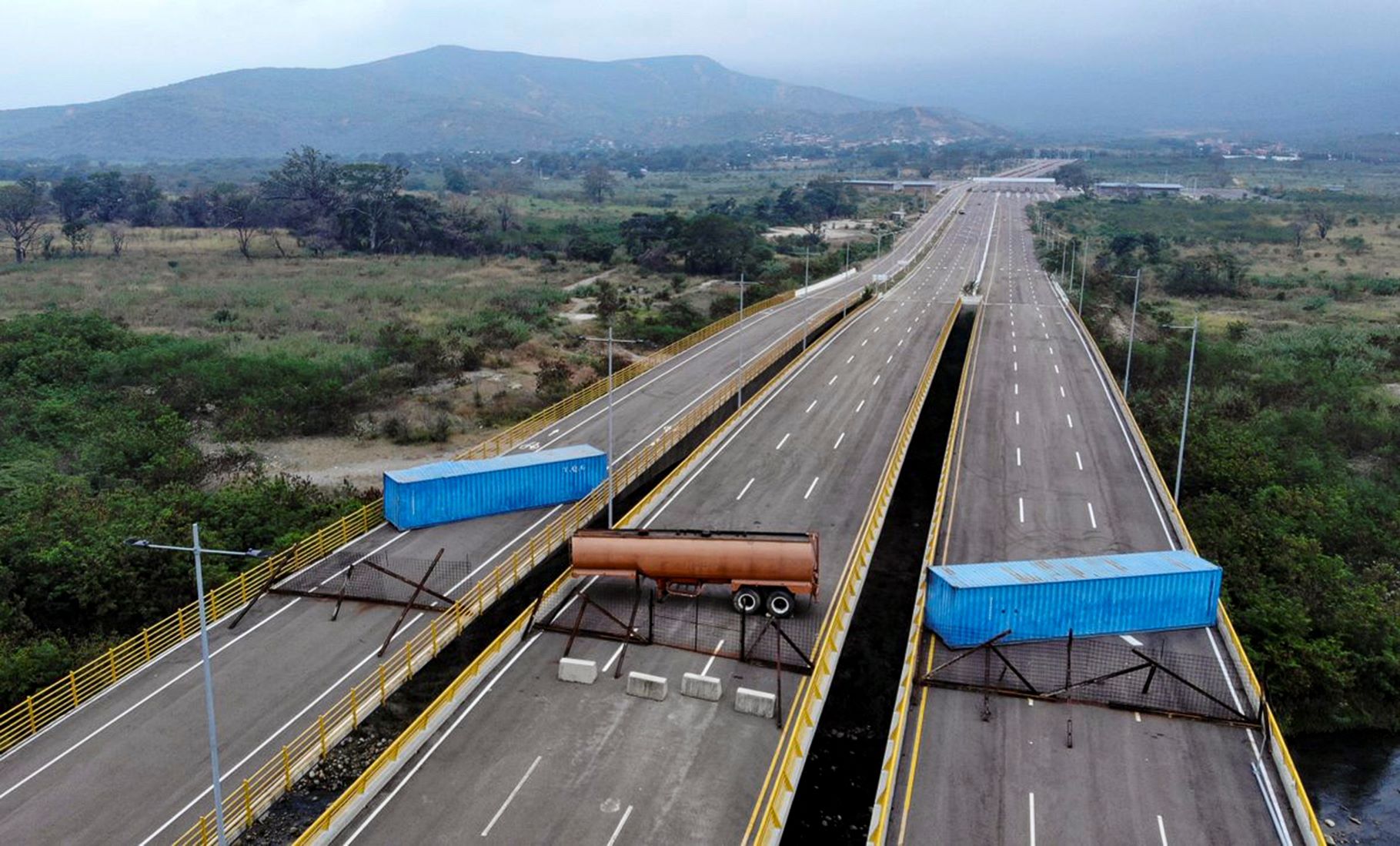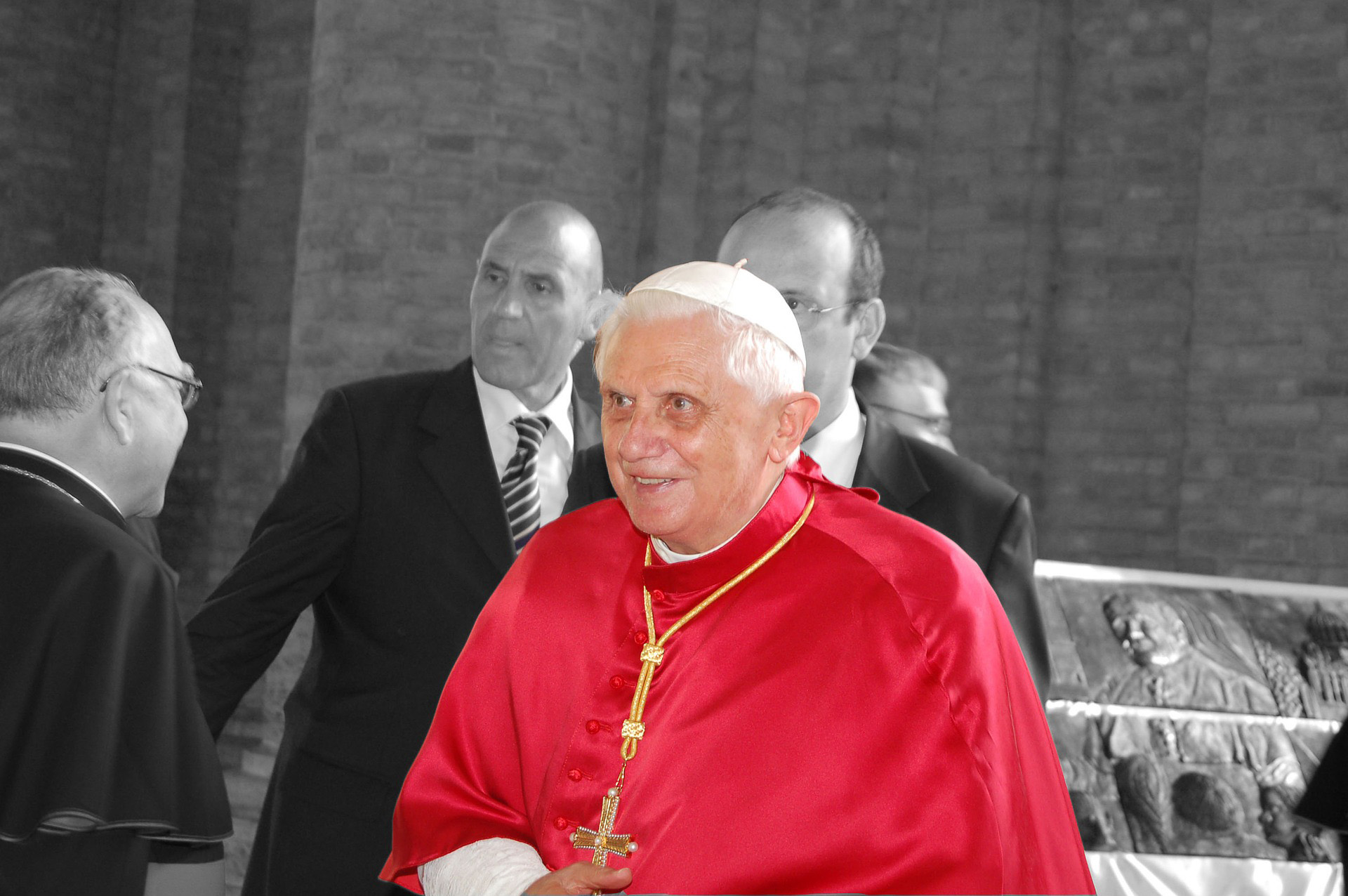Venezuela has recently been affected by political controversy, severe economic decline and humanitarian crisis, which led thousands of Venezuelans to leave their country.
Roughly 250,000 migrants moved to Colombia between August and March, and 3,000 per day continue to cross the border.
Political Controversy
Self-declared Venezuelan president Juan Guaidó will be banned from public office for 15 years, Elvis Amoroso, Venezuelan government comptroller, said via Reuters on March 28.
In a statement in front of thousands of Venezuelans on Jan. 22, Guaidó said he was “formally assuming the responsibility of the national executive.”
President Donald Trump released a tweet the following day, recognizing and supporting Guaidó as the official interim president of Venezuela. Guaidó‘s declaration came two weeks after Nicolás Maduro’s swearing into office for a second term.
There are claims by Venezuela’s opposition-dominated National Assembly that Maduro’s election was illegitimate.
According to Reuters, Maduro has dismissed the challenge to his role as president, claiming Guaidó’s rise to power was an effort by the United States government to take power in Venezuela. Guaidó and the U.S. both denied these accusations.
The Trump administration continues to support Guaidó and has dismissed Maduro’s claims. “That’s rich and ridiculous,” U.S. State Department Representative Robert Palladino said about Maduro’s claim.
U.S. Secretary of the Treasury Steven Mnuchin said in a statement, “Maduro and his enablers have distorted the original purpose of the bank, which was founded to help the economic and social well-being of the Venezuelan people, as part of a desperate attempt to hold onto power.”
Russia has decided to back Maduro in the fight for president, a declaration that has not been received well by the U.S.
“We strongly caution actors [Russia] external to the Western Hemisphere against deploying military assets to Venezuela, or elsewhere in the hemisphere, with the intent of establishing or expanding military operations,” White House National Security Advisor John Bolton stated. “We will consider such provocative actions as a direct threat to international peace and security in the region.”
Russia has since deployed military planes and personnel in Venezuela. The U.S. State Department claims this action was a “reckless escalation of the situation.”
Assistant Director for the Washington Office on Latin America Geoff Ramsey told NPR, “Unfortunately, most Venezuelans that I’ve talked to that have fled the country are doing so because they can’t see any change in sight. The government has sort of entrenched itself politically.”
Economic Decline
Venezuela, home to one of the largest oil reserves in the world, has recently experienced a significant decline in petroleum exports. The total export value was the lowest it had been in over a decade as of 2017.
This sudden decline is in part due to former Venezuelan president Hugo Chavez removing thousands of oil production workers from the workforce after a series of strikes. As a result, Chavez replaced experts in the field with less experienced and less specialized workers who were loyal to him. Replacing these workers led to a significant decline in the production of oil, which then affected the export total.
Venezuela has also fallen victim to hyperinflation. As of March 29, one U.S. dollar was equivalent to 3,288.70 Venezuelan sovereign bolivars. According to CNN, the Venezuelan economy has collapsed and continues to fuel the ongoing political conflicts.
In an attempt to recover the rapidly falling economy, the Venezuelan government implemented several new economic measures. On Sept. 1, the government raised minimum wage to 34 times what it was previously.
Since these changes, however, the economy has continued to decline, and minimum wage has risen once again. The economy collapse is a contributing factor for many people leaving the country.
“I deserve better,” business owner and mother Angela Carlucci told NBC. “I have worked really hard to have what I have. My daughter is [three] years old. I had felt like I could provide a good life for her. Not anymore.”
Humanitarian Crisis
Venezuelans are struggling with recurring prolonged blackouts on top of the economic crisis and political controversies. During these blackouts, Venezuelans have little to no access to electricity, water or cell phone service. They had two blackouts in March, both lasting for several days.
The current nationwide blackout began on March 25. While electricity in some neighborhoods flickers on and off throughout the day, the majority of the country is stuck in complete darkness.
On March 25, Venezuelan Minister of Communications Jorge Rodriguez told state-run media outlet VTV, “President Nicolás Maduro has decided to extend the suspension of work activities and the suspension of classes at all educational levels for another 24 hours.”
The suspension was then expanded to March 29.
According to The Guardian, Maduro and Guaidó have been claiming the blackout is due to an alleged terrorist attack on power plants throughout the country. However, they claim the attack was done by different organizations. Maduro believes the attack was orchestrated by Washington D.C. in an attempt to gain power in Venezuela while Guaidó claims it was executed by a lone sniper.
Experts discredit both presidents and instead argue the blackouts are caused by underinvestment and corruption over several years.
The blackouts have led to frustrated citizens who wish they could leave the country. One such Venezuelan is Johnny Vargas, a restaurant worker who told NBC, “Venezuela doesn’t stand a chance anymore, there is no life here. People can’t work anymore; we can’t do anything.”






